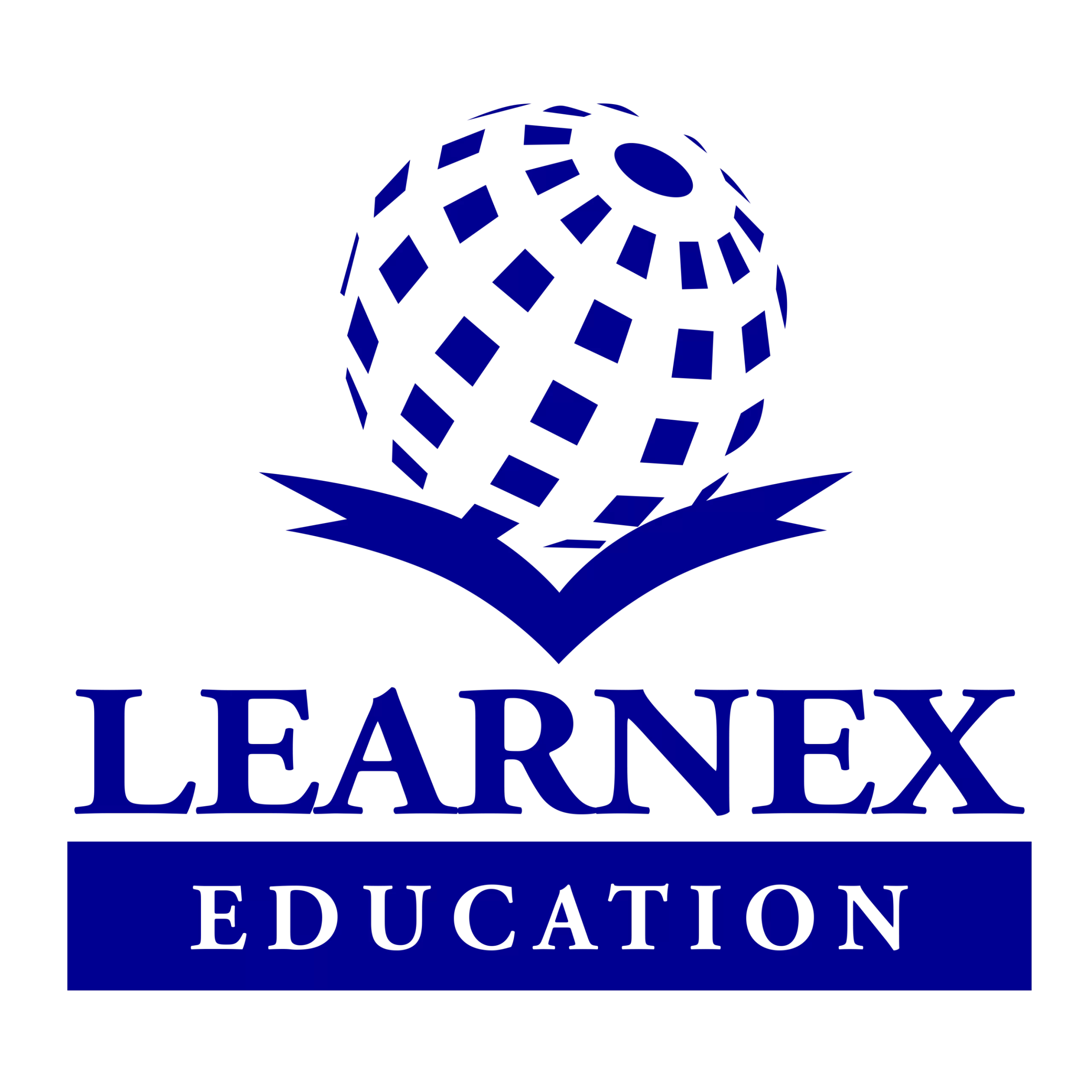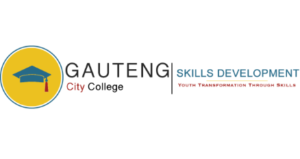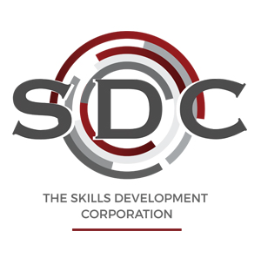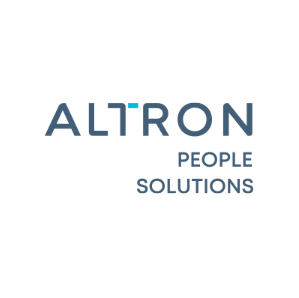
Learnership Programs
Enhancing Workforce Competency: A Comprehensive Guide to Learnership Programs

Introduction:
In today’s dynamic business landscape, the pursuit of skills development has become paramount for both employers and employees alike. One avenue that has gained significant traction is the implementation of learner-ship Programs.
These programs not only provide a structured pathway for individuals to gain qualifications but also offer a strategic approach for companies to address labour market challenges while harnessing a skilled workforce.
Defining Learnership:
A Learnership is more than just a training program; it’s a holistic approach to learning and skill acquisition. It combines structured work experience with theoretical learning, creating a symbiotic relationship between practical application and academic knowledge. This blend ensures that learners not only grasp theoretical concepts but also develop the necessary skills to excel in their respective fields.
Purpose and Objectives:
Learnerships serve as a catalyst for addressing various labour market issues prevalent in South Africa. These programs aim to combat the decline in employment levels, mitigate unequal access to education and training, and alleviate workplace skills shortages.
By aligning education and training with the needs of employers and the socio-economic landscape, learner-ships contribute to fostering a more robust and inclusive workforce.
Advantages for Companies:
The adoption of Learnership Programs presents a myriad of advantages for companies willing to invest in skills development. Firstly, it cultivates a pool of well-skilled employees, both existing and new entrants, enhancing the company’s human capital.
Additionally, participation in learnerships enables companies to earn BBBEE (Broad-Based Black Economic Empowerment) points under the Skills Development Element, contributing to their socio-economic responsibility.
Financial incentives, including learnership grants from SETA (Sector Education and Training Authorities) and tax rebates under Section 12H, further sweeten the deal for companies. Moreover, with an upskilled workforce, companies experience increased productivity, thereby driving organizational growth and competitiveness.
Streams and Qualifications:
Learnerships span across various streams and qualifications, catering to diverse industry needs. Within the ICT stream, Technical Support NQF 4 equips learners with essential skills in technical assistance, addressing the burgeoning demand for IT support professionals.
The Office Administration stream offers qualifications in Business Administration at both NQF 3 and NQF 4 levels, laying the foundation for proficient administrative professionals. Project Management stream focuses on NQF 4 qualifications, empowering learners with the expertise to oversee and execute projects efficiently.
For those aspiring for supervisory and management roles, the Generic Management NQF 4 qualification provides comprehensive training in leadership and organizational management.
Delivery Methods:
Recognizing the diverse learning pathways of individuals, Learnership Programs offer flexibility through various delivery methods. Recognition of Prior Learning (RPL) acknowledges skills and knowledge acquired outside formal education, streamlining the learning process for candidates.
This approach ensures that learners do not duplicate their existing competencies, accelerating their journey towards qualification attainment. The Full 12-Month delivery method, comprising 30% theoretical training and 70% practical workplace experience, offers a balanced approach to learning.
With three months of classroom training supplemented by nine months of practical workplace experience, learners undergo a comprehensive learning journey, culminating in competency assessment and qualification attainment.
Conclusion:
In conclusion, Learnership Programs emerge as a pivotal tool in bridging the gap between education and employment while addressing critical labour market challenges.
By fostering a culture of continuous learning and skills development, these programs not only benefit individuals but also contribute to the sustainable growth and development of companies and the broader economy.
Embracing learnerships is not merely an investment in skills but a commitment to building a brighter future for South Africa’s workforce and society as a whole.
CLICK HERE TO APPLY FOR LEARNEX LEARNERSHIP
FOR MORE LEARNERSHIPS CLICK HERE
SUBSCRIBE & LEAVE COMMENT BELOW FOR ASSISTANCE
Applying for Learnerships is essential as it provides individuals with structured training, leading to recognized qualifications and certifications, thereby significantly improving their employability prospects.
Through practical work experience and industry-aligned curriculum, Learnerships equip participants with relevant skills and knowledge, fostering personal and professional growth.
Moreover, Learnerships contribute to national development by building a skilled workforce, stimulating economic growth, and enhancing industry competitiveness. Additionally, financial incentives and support further incentivize participation in Learnership Programs, making them a valuable investment for both individuals and the broader society.





